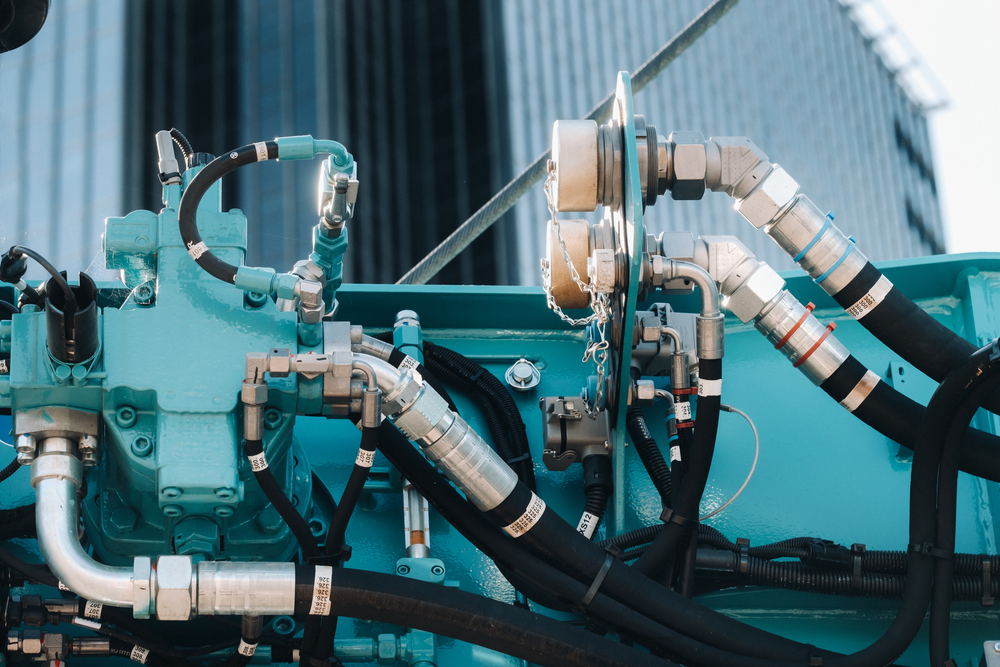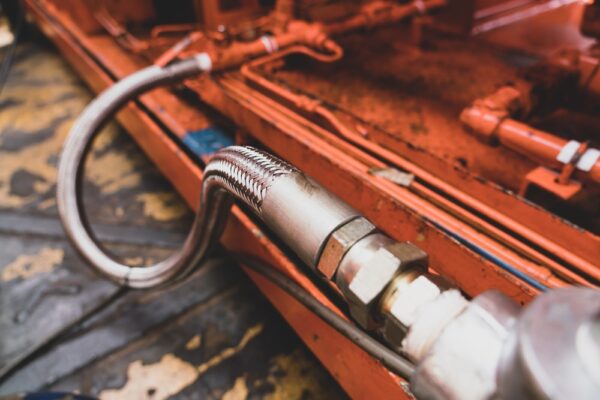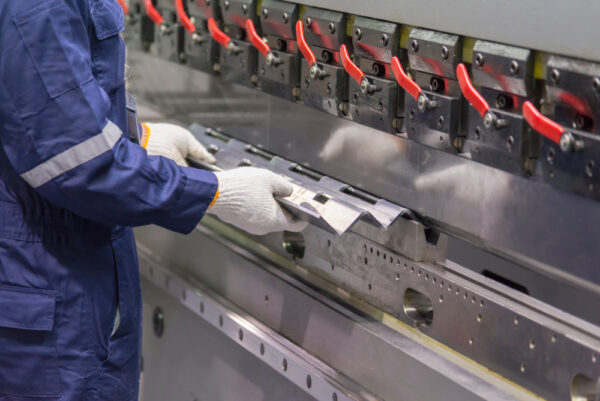Winterizing Hydraulic Systems: How to Protect Against Cold Weather Damage

The first frost signals more than just the arrival of winter — it marks the start of a challenging season for hydraulic systems. When temperatures plummet, these systems face increased risks of component damage, fluid issues, and performance problems that can halt production and lead to costly repairs. While many facilities focus on heating their workspace, the seasonal maintenance needs of hydraulic equipment shouldn’t be overlooked.
Prevention beats reactive maintenance every time. Here’s how to protect hydraulic systems before winter takes hold:
Monitor fluid viscosity
Cold temperatures thicken hydraulic fluid, making it harder to pump through the system. Regular viscosity checks help identify when fluid needs changing or warming. Plus, maintaining proper fluid temperature prevents internal wear on pumps and valves. Daily monitoring becomes especially important as temperatures fluctuate — what works at noon might cause problems during the midnight shift.
The right fluid makes a difference
Standard hydraulic oils might not provide adequate protection in extreme cold. Consider switching to low-temperature hydraulic fluids designed specifically for winter conditions. These specialized fluids maintain better viscosity across a broader temperature range and include additives that protect against moisture accumulation.
Check seals and connections
Cold weather causes materials to contract at different rates. This makes seals, gaskets, and connections particularly vulnerable to leaks. A thorough inspection of these components — followed by necessary replacements — helps prevent fluid loss and system contamination. Pay special attention to outdoor connections and any parts exposed to temperature fluctuations.

Install heating solutions
Consistent temperature control protects system components and maintains fluid viscosity. As you consider heating your workspace, rely on these solutions to protect hydraulics specifically:
- Reservoir heaters to maintain optimal fluid temperature
- Heat trace tape along exposed lines
- Insulation for pipes and components
- Temperature monitoring systems with automated controls
Keep in mind that some modern sensor systems can alert maintenance teams before temperatures reach dangerous levels. If your systems have the capability, this is great for proactive intervention.
Create a winter startup protocol
Starting hydraulic systems in cold weather requires extra care. The last thing you want is to cold start a system and push it too hard too fast, resulting in component failure. A proper winter startup sequence includes:
- Checking fluid levels and temperature
- Running the system at reduced pressure
- Gradually increasing load as components warm up
- Monitoring pressure readings and listening for unusual sounds
This careful approach prevents the most common cold-start problems: cavitation, pressure spikes, and seal damage. The extra minutes spent on proper startup save hours of potential downtime later.

Storage and emergency planning
It’s not just the hydraulic system itself that you need to pay attention to. Prepare for the unexpected with these steps:
- Store backup fluids in temperature-controlled areas
- Keep emergency repair supplies readily available
- Document cold weather procedures for all shifts
- Train personnel on winter-specific maintenance protocols
- Establish emergency shutdown procedures for extreme weather events
- Create a contact list for emergency maintenance support
Don’t forget about proactive service, either. Through our December Stack-and-Save program, GES is offering 15% off repairs on 3 or more hydraulic systems! You’ll get the peace of mind in knowing your hydraulics are winter-ready and the benefit of low-cost, high-quality maintenance.
Safeguard hydraulic systems against winter woes
The cost of skipping winterization might not show up immediately, but the long-term effects of cold damage can lead to system failure. Taking preventive steps now saves money and downtime later. With proper preparation and maintenance, hydraulic systems can perform reliably even in the harshest winter conditions.
